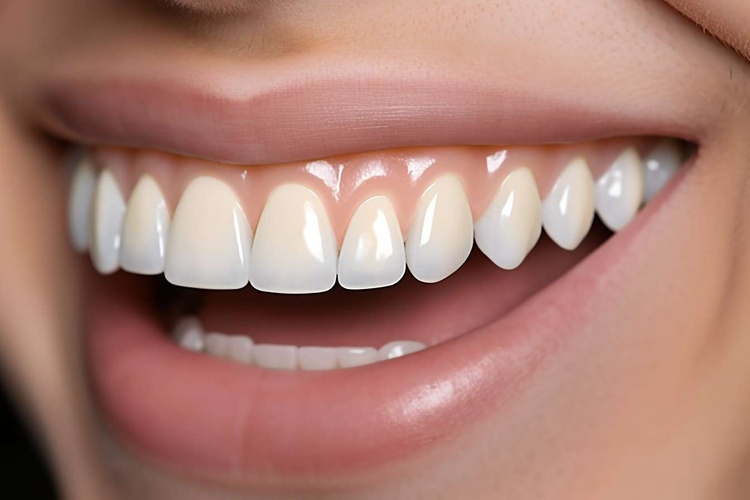Tired of Stains and Cavities? These Teeth Care Tips Can Actually Help
Tired of yellow stains, bad breath, or cavities? It’s time to upgrade your dental care routine. Discover simple, effective solutions for cleaner, whiter teeth and stronger gums—without expensive treatments. Start improving your oral health today with tips that actually work.

What Really Causes Tooth Stains and Cavities?
Understanding the root causes of dental problems is crucial for prevention. Common culprits behind tooth stains include coffee, tea, red wine, and tobacco use. Cavities develop when bacteria in your mouth produce acids that erode tooth enamel, often due to frequent sugar consumption and poor oral hygiene. The good news is that both conditions are largely preventable with proper care.
Which Daily Dental Care Habits Actually Work?
The foundation of effective teeth care includes brushing twice daily with fluoride toothpaste, flossing at least once daily, and using an antiseptic mouthwash. However, technique matters as much as frequency. Brush for at least two minutes, use soft-bristled brushes, and replace your toothbrush every 3-4 months. Consider using an electric toothbrush, which studies show can remove more plaque than manual brushing.
What Are the Most Effective Whitening Methods?
Professional teeth whitening treatments typically provide the most dramatic results. However, over-the-counter options can also be effective when used correctly. Whitening toothpastes containing hydrogen peroxide or carbamide peroxide offer gradual improvement, while whitening strips provide more noticeable results. For sensitive teeth, look for products with lower peroxide concentrations and built-in desensitizing agents.
How Can You Prevent Sensitivity During Whitening?
To minimize sensitivity during whitening treatments, start with a lower concentration of whitening agents and gradually increase as tolerated. Use desensitizing toothpaste for two weeks before beginning any whitening regimen. Take breaks between treatments, and avoid extremely hot or cold foods during the whitening process.
What Role Does Diet Play in Dental Health?
A balanced diet significantly impacts oral health. Foods rich in calcium and phosphorus help strengthen tooth enamel, while vitamin D aids mineral absorption. Crunchy fruits and vegetables naturally clean teeth and stimulate saliva production. Limit acidic and sugary foods, and when consumed, rinse with water afterward to minimize enamel erosion.
Which Whitening Products Offer the Best Results?
| Product Type | Average Cost | Effectiveness | Duration of Results |
|---|---|---|---|
| Professional In-Office | $500-$1000 | High | 1-3 years |
| Take-Home Trays | $200-$400 | Moderate-High | 6-12 months |
| Whitening Strips | $25-$50 | Moderate | 3-6 months |
| Whitening Toothpaste | $5-$15 | Low-Moderate | Ongoing use needed |
Prices, rates, or cost estimates mentioned in this article are based on the latest available information but may change over time. Independent research is advised before making financial decisions.
While maintaining good oral hygiene requires consistent effort, the rewards of a healthy, bright smile are worth it. Remember that individual results may vary, and what works best for one person might not be ideal for another. Regular dental check-ups remain essential for monitoring oral health and receiving personalized care recommendations.
This article is for informational purposes only and should not be considered medical advice. Please consult a qualified healthcare professional for personalized guidance and treatment.




